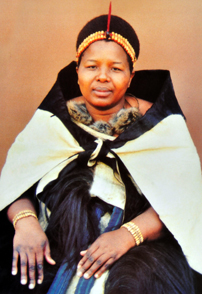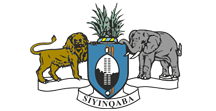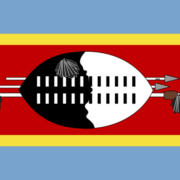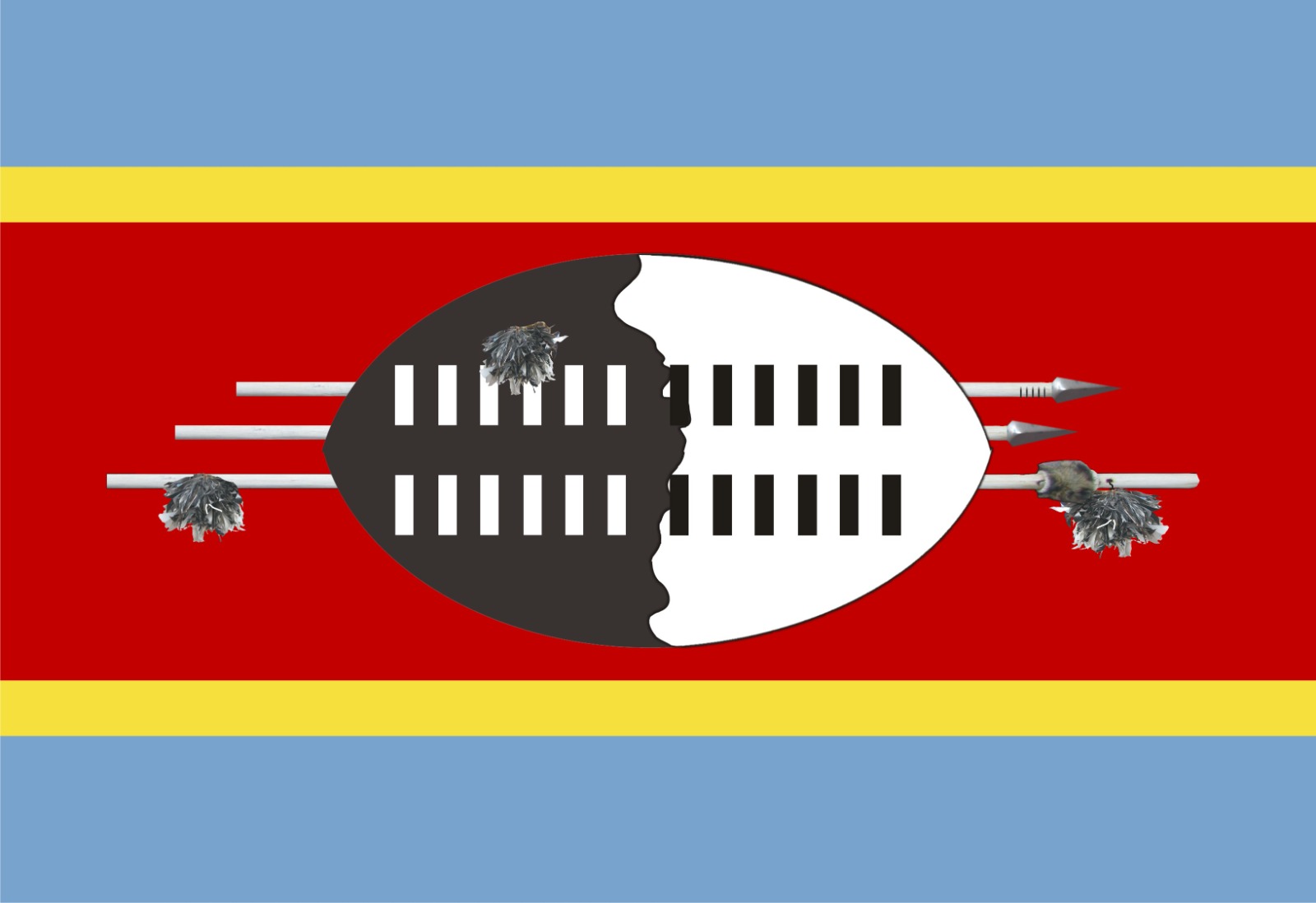His Majesty King Mswati III
GOVERNANCE
Eswatini is a Monarchical Democracy (Tinkhundla Governance), whose Head of State is His Majesty King Mswati III and Ingwenyama, who ascended to the throne in 1986. The country is governed using the Westminister model of governance, however there is a simultaneous operation of traditional institution and western methods of modern governance including Roman Dutch Law. The country has a constitution viz; Eswatini Act No.001/2005 which came into force in 26 July 2005. The Constitution is the Supreme Law of the land, which provides for three arms of government, that is the Executive, Legislature and the judiciary. Each of these arms is independent from each other.
MONARCHY
His Majesty King Mswati lll and Ingwenyama is the Head of State of the Kingdom of Eswatini, a symbol of unity and eternity of the Swazi Nation. His Majesty has such rights, prerogative and obligations as are conferred on him by the Constitution and any other law including Swazi law and Custom. His Majesty is advised by the King’s Advisory Council Liqoqo (Advisory Council) and He also rules through the Chiefs. Her Majesty the Queen Mother is traditionally the Mother of the King and Ingwenyama, and the symbolic Grandmother of the Nation. The Queen Mother has such powers and performs such functions as Swazi law and custom assigns to Her.

Her Majesty the Queen Mother Ntombi
THE EXECUTIVE
The Executive authority of Eswatini is vested with His Majesty King Mswati lll and Ingwenyama, head of state of the Kingdom of Eswatini. His Majesty may exercise this authority either directly or through Cabinet. His Majesty appoints the Prime Minister as the Head of Government from the House of Assembly at the recommendation of the Advisory Council and appoints Ministers from both Houses of Senate and Assembly at the recommendation of the Prime Minister.
THE LEGISLATURE
Section 79(a) of the Constitution states that “the system of Government in Eswatini is a democratic, participatory, Tinkhundla – based system, which emphasises devolution of state powers from central government to Tinkhundla areas and individual merit as a basis for election or appointment to public office.” The Parliament of Eswatini is composed of the House of Senate and House of Assembly. The House of Senate consists of 30 Senators, 20 of which are appointed by His Majesty King Mswati lll, and 10 are elected from members of the public by the House of Assembly. The House of Senate is headed by a Senate President and a Deputy Senate President.
The House of Assembly comprises of 69 members, which are elected every 5 years by the electorate through a secret ballot including 10 members who are appointed by His Majesty King Mswati lll, from disadvantaged community members and the Attorney general serves as an Ex-Officio member. The House of Assembly is led by a Speaker and a Deputy Speaker. The 59 Tinkhundla (Constituencies) are constituted by the 388 chiefdoms, the electorate will elect 388 Bucopho (Community Councillors), 59 Tindvuna Tetinkhundla (Community Headman), and 59 Members of Parliament. In collaboration with the government structure is the traditional system consisting of the iNgwenyama and his advisers, chiefs, Sub Regional Districts and Traditional Courts.
THE JUDICIARY
The judiciary is headed by the Chief Justice and it consists of the Supreme Court, High Court, Magistrates Courts, Swazi Courts and Tribunals that exercise judicial function as Parliament may establish by law.


